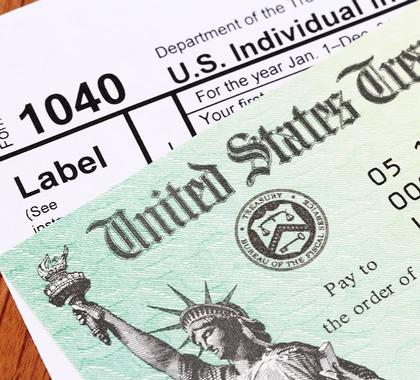The New Hampshire General Court is considering budget funding proposals that would raise business taxes, tax capital gains, and impose a payroll tax for paid family leave.
Gov. Chris Sununu vetoed a standalone bill that would have imposed a paid family leave mandate on employers.
“[Mandated leave is] an income tax that neither I nor the people of New Hampshire will ever support,” Sununu said in a May 9 press release.
Despite the governor’s opposition, the state House has passed, and the Senate is considering, a budget bill that includes a mandated paid family and medical insurance program financed through a 0.5 percent payroll tax. The budget legislation would also roll back business tax cuts enacted in 2018 and impose a tax on capital gains.
New Majority Flexing Muscles
Democrat majorities took control of both houses following the November 6 election. Gov. Chris Sununu has publicly stated he will veto any bill that raises business taxes, taxes capital gains, or creates a general income tax.
“I will veto it and veto it and veto it,” Sununu told the Chamber Collaborative of Greater Portsmouth on March 5, reported the news site Seacoastonline.com.
Eroding State’s Tax Advantage
The proposed legislation is a step in the wrong direction for New Hampshire, says J. Scott Moody, president of the Granite Institute.
“Any proposed rollback of the recent business tax cuts and/or expansion of the Interest and Dividends Tax would harm the ‘New Hampshire Advantage’ and the economy,” said Moody.
Moody created the New Hampshire Advantage Index, which measures differences in tax systems and rates between New Hampshire and the rest of New England and New York. The index has been drifting the wrong way, says Moody.
New Hampshire is one of nine states, and the only state in the Northeast, that doesn’t tax capital gains.
“Since 2004-2005, when the New Hampshire estate tax was eliminated, the New Hampshire Advantage has been slipping due not only to New Hampshire raising taxes, such as business, cigarette, and gasoline taxes, but also due to other states lowering taxes, such as the personal income tax cuts under former governor [Paul] LePage in Maine,” said Moody.
“While the business tax cuts are still being phased in, they are an essential step to reversing this erosion in the Index,” said Moody.
Calls for Flat Tax
New Hampshire is the only state that has no state and local individual income taxes, no state or local sales tax, and no estate tax. The legislature should examine the current tax code instead of raising taxes, says Moody. Moody has detailed a flat-tax plan that would replace various taxes with a single-rate tax on enterprises.
Moody’s Business Flat Tax would reform New Hampshire’s tax structure by eliminating less efficient taxes, such as the Business Profit Tax, and folding the Interest and Dividends tax into a 2 percent Business Flat Tax.
“Instead of expanding taxes, policymakers should look to make the tax code more efficient, such as my proposed Business Flat Tax, which would boost economic growth and government coffers—creating a win-win,” said Moody.
Sarah Quinlan ([email protected]) writes from New York City, New York.




